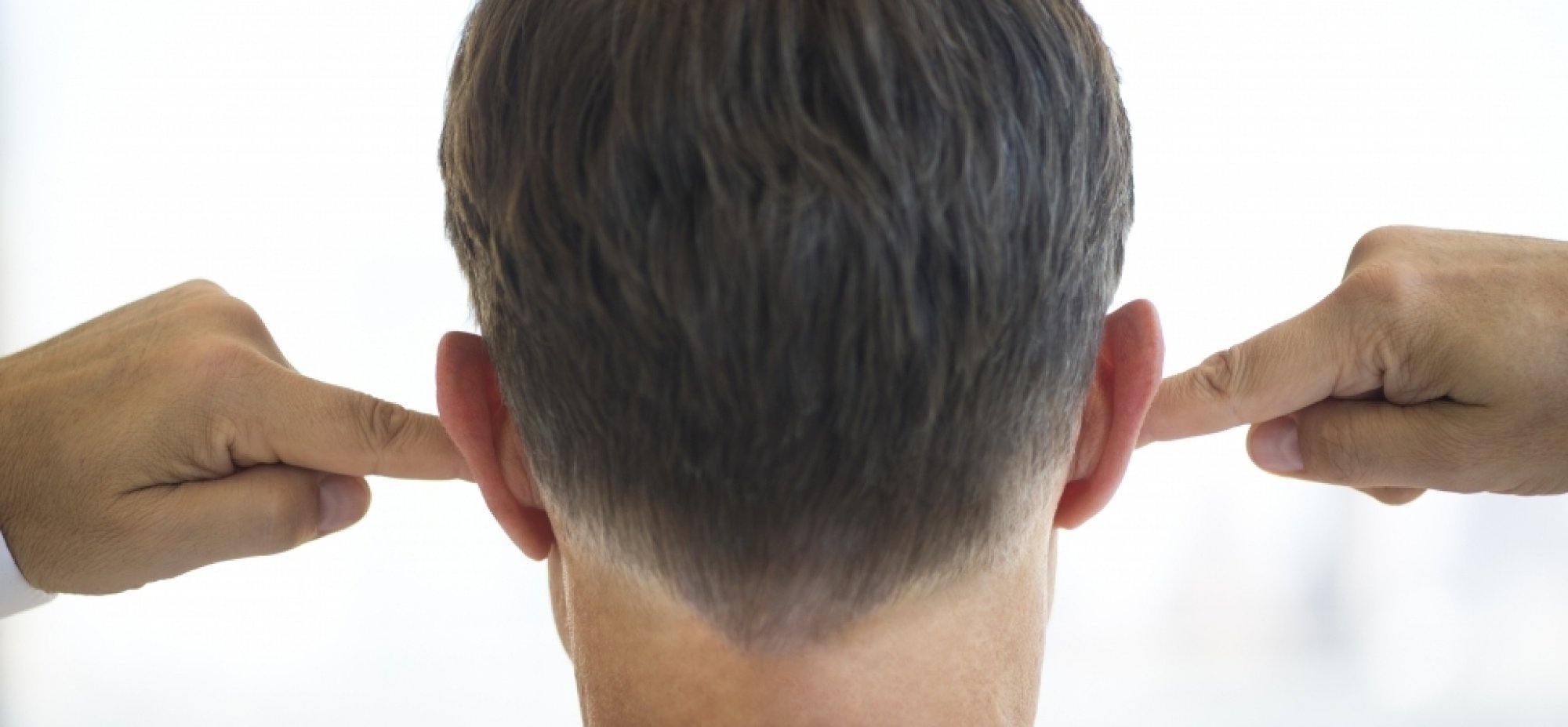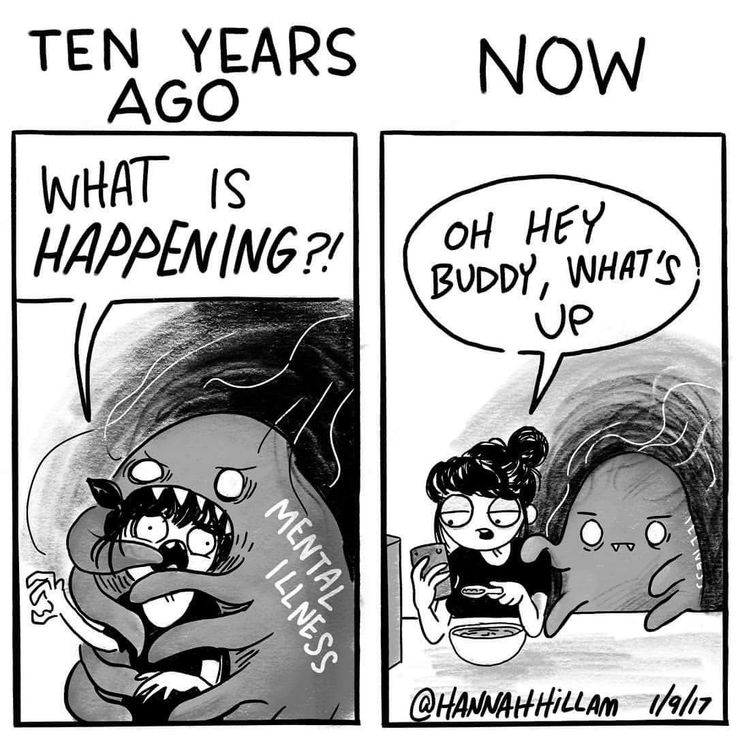To quote the opening line of one of the best movie trilogies of all time (comment if you know it): The world has changed.
Since I started this blog, the world, the internet, the mental health discussion, the general understanding of BPD have all undergone some pretty major shifts. And so have I.
In the years since I first heard the term “BPD,” I’ve obliterated some relationships, held onto others, traversed the globe, tried about a half-dozen therapists (lots to say on that score…) and countless “brands” of therapy and medication, and read around a truckload of self-help books. And I STILL have plenty of moments where I look around in despair and say to myself: This is exactly where I started. I haven’t made any progress at all.
These are my lowest moments and they’re incredibly real. But also? They’re not true. And knowing the difference is monumental progress, even if I can’t see it in those worst moments.
“Real but not true” is a key component of the self-validation and radical acceptance pieces of DBT, the gold-standard treatment for borderline personality disorder. I was privileged to go through the full, year-long, government-funded DBT program nearly a decade ago. Today, that same program has a waitlist so long (years, not months) that they recently got rid of the waitlist entirely and put an apology up on the hospital’s website instead.
In short, the world has changed to reflect far more awareness of mental health concerns, but effective treatment is in shorter supply than ever—especially if you can’t afford to pay for it yourself (spoiler: few people can these days).
I have felt called for many years to try and shine even a little bit of light on this notoriously “untreatable” disorder—that’s why I started this blog in the first place. But recently, that call has become a ceaseless roar that wakes me up at night. I know that sharing my own journey with BPD can make someone out there feel seen, heard, and hopefully, even 1% better. As I reflect on the millions of people suffering with (or at the hands of someone with) BPD, unable to find help that really helps at all, I feel driven to reach as many of them as I can with the message that I prove just by being here at all: BPD can be managed. It can be understood. It can be overcome.
That’s why I’m so excited to tell you that I’m currently creating a Half a Soul podcast for release later this year. Episodes will be biweekly (at first) and will dive deeply into all things BPD—including my own story and the lessons I’ve learned over nearly 30 years that have kept my heart beating, my day-to-day life functioning, and my strongest relationships intact. If this sounds like something you’d be interested in, or if you feel moved to contribute at all to speeding up the podcast’s development, please feel free to check out my dedicated page on this. Every dollar I receive will go directly towards the costs of making the podcast, and ensure it’s out that much sooner.
Regardless of whether you sign up to stay in the loop or donate any amount, thank you so much for reading. The fact that anyone ever stops by this corner of the internet, even after all these years without me actively posting here, really does warm my heart and push me to continue this passion project of mine.
Wishing you all great mental health today.
-Cat






